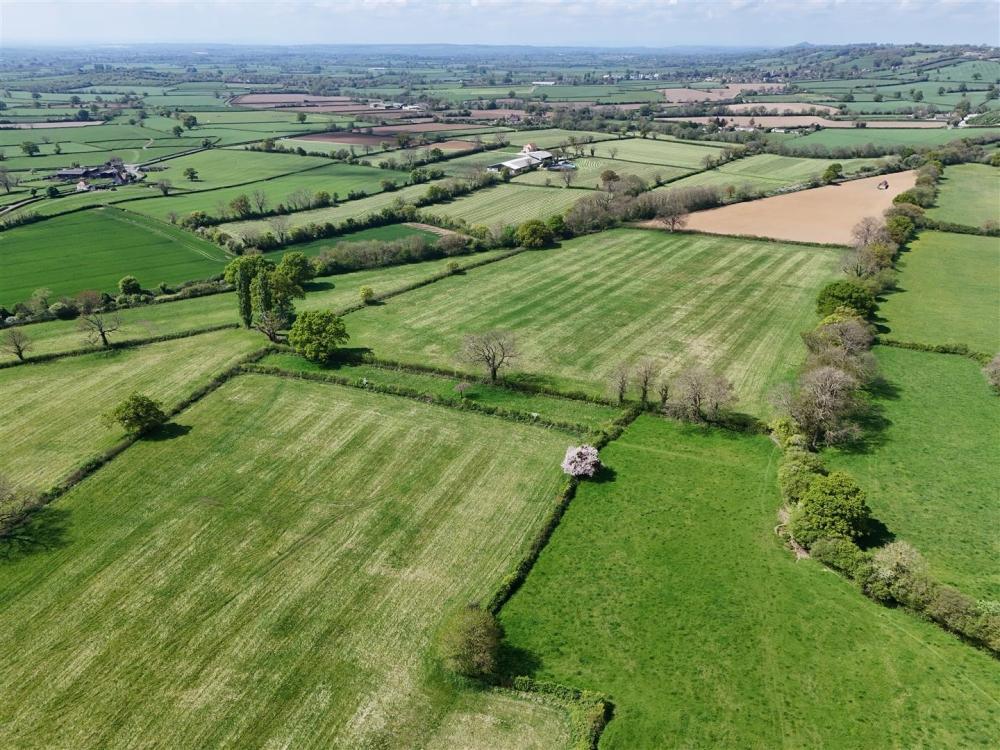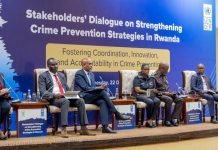Africa-Press – Rwanda. Over 40,000 foreigners have, so far, acquired land in Rwanda using their passports, more than 2,000 through foreign IDs, and about 58,000 with immigration documents, according to the National Land Authority (NLA).
According to NLA, up to 468 foreign non-profit organisations own land in the country.
The process of buying property in Rwanda, as a foreigner, is similar to that for Rwandan citizens, including finding a property, verifying ownership, checking land taxes and caveats, signing an agreement, and completing the transfer at the notary’s office.
Foreigners can buy and own land in Rwanda, but with some restrictions and specific processes.
The New Times looks at the 2021 law on land, which explains foreigners’ rights regarding land.
In the law, a foreigner is described as an individual without Rwandan nationality, individuals who co-own land, a company, an international organisation, or a cooperative with legal personality from a foreign country.
Emphyteutic lease
After obtaining or buying land from a private individual, the foreigner has the right to an emphyteutic lease, a type of land tenure based on a long-term contract (often up to 99 years) between the state and a person, granting him or her rights to use the land.
This allows foreigners to own land for residential or investment purposes, but it is a leasehold, not freehold (indefinite rights).
The emphyteutic lease period does not exceed 99 years, though it may be renewed.
Foreigners can own land directly for residential purposes, but with limitations on the size of the plot.
According to the Land Use Authority, a foreigner has the right to buy only one plot, with the size of a single-family residential area not exceeding the size and standard provided in accordance with relevant laws, or one dwelling unit in the case of apartments (condominium units).
“A foreigner cannot exceed a plot of 300 square metres,” Innocent Muramira, a lawyer specialised in real estate, told The New Times.
He said that if a foreigner intends to possess land exceeding the standard size for residential plots, or to own multiple units in a condominium, they must open a company for investment and submit a business plan to the relevant authorities in line with the land use master plan.
In this case, Muramira said, they benefit from the law on investment promotion and facilitation.
According to NLA, a foreigner or a company in which a foreigner owns shares has the right to possess land for investment in accordance with a business plan approved by the competent authority. The process requires $500.
“They create a company and apply for an investment certificate,” Muramira said.
For land exceeding a certain size, or for specific investment purposes, foreigners need to obtain an investment certificate from Rwanda Development Board (RDB).
This permit is required to undertake any work or investment in Rwanda, including the purchase of property.
Rights to land concession
Foreigners can also obtain a land concession for investment, which is also a leasehold arrangement.
A land concession is a legal agreement in which a government or authority grants rights to an individual, company, or organisation to use a specific piece of land for a certain period and purpose—often for development, agriculture, mining, forestry, or infrastructure projects.
The term of a land concession depends on the nature of the project and the land use, but cannot exceed 49 years.
The term may be renewed upon consent between the state and the concessionaire, depending on the nature of the investment and how the land has been used.
Foreigner’s indefinite rights to land
A freehold is a form of land tenure based on a contract between a person and the state, where it grants him or her full and indefinite rights over the land.
A Rwandan is entitled to freehold tenure. However, a presidential order, for exceptional circumstances of strategic national interest, may grant a freehold title to a foreigner.
Private individuals’ land subject to freehold cannot exceed two hectares per person unless an order of the Minister authorises otherwise.
An order of the Minister determines the categories of land subject to freehold, the modalities for acquiring freehold, the requirements for granting freehold, and the compliance requirements for the freehold holder.
Applications for freehold titles under this order are directed to the registrar or deputy registrar, following the established procedures for land registration.
Source: The New Times
For More News And Analysis About Rwanda Follow Africa-Press






